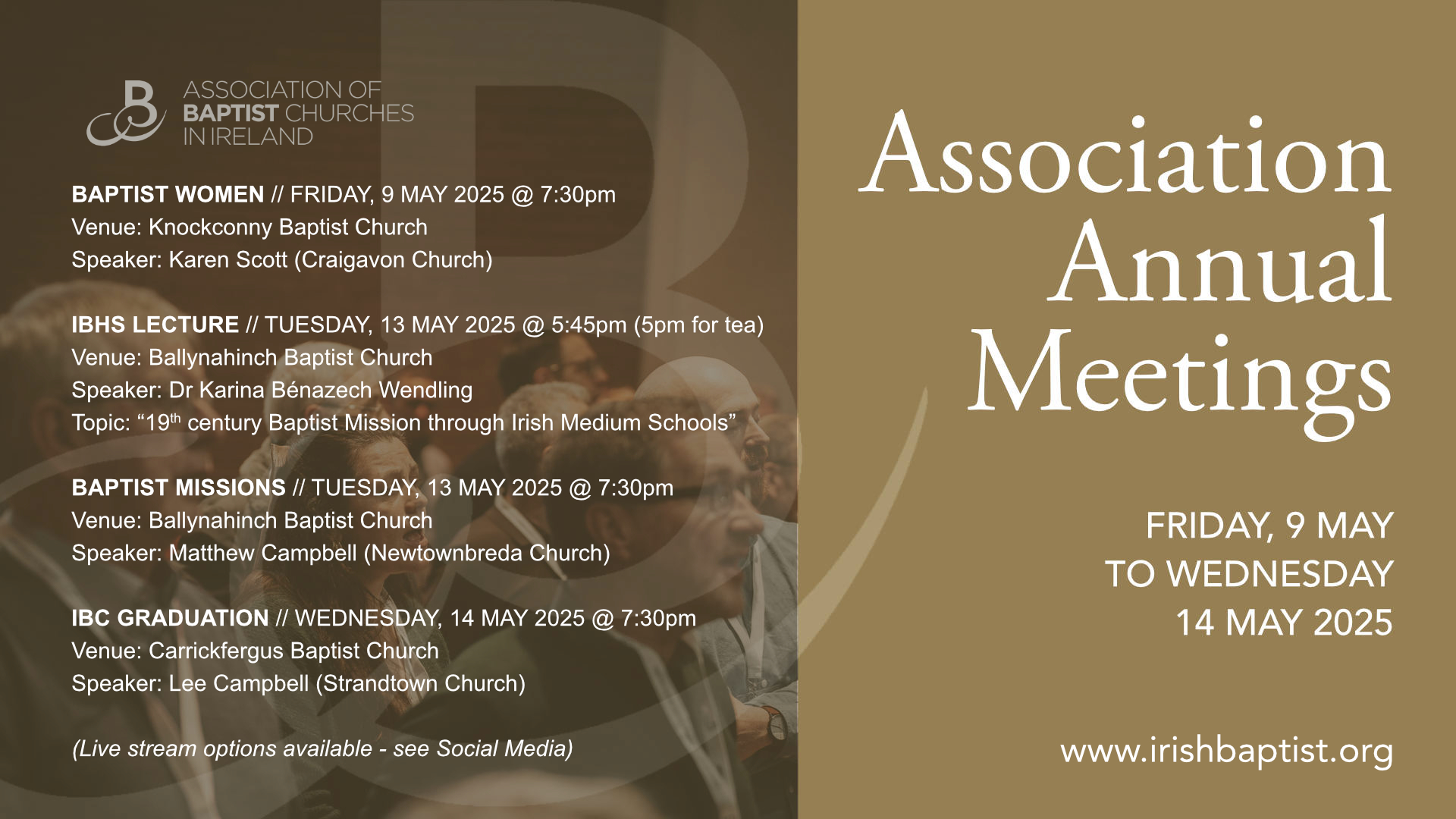
I thank my God every time I remember you ...
because of your partnership in the gospel from the first day until now.
Philippians 1:3-5
because of your partnership in the gospel from the first day until now.
Philippians 1:3-5

Association Departments
Association Churches
Search for an Association member church by name or location.









